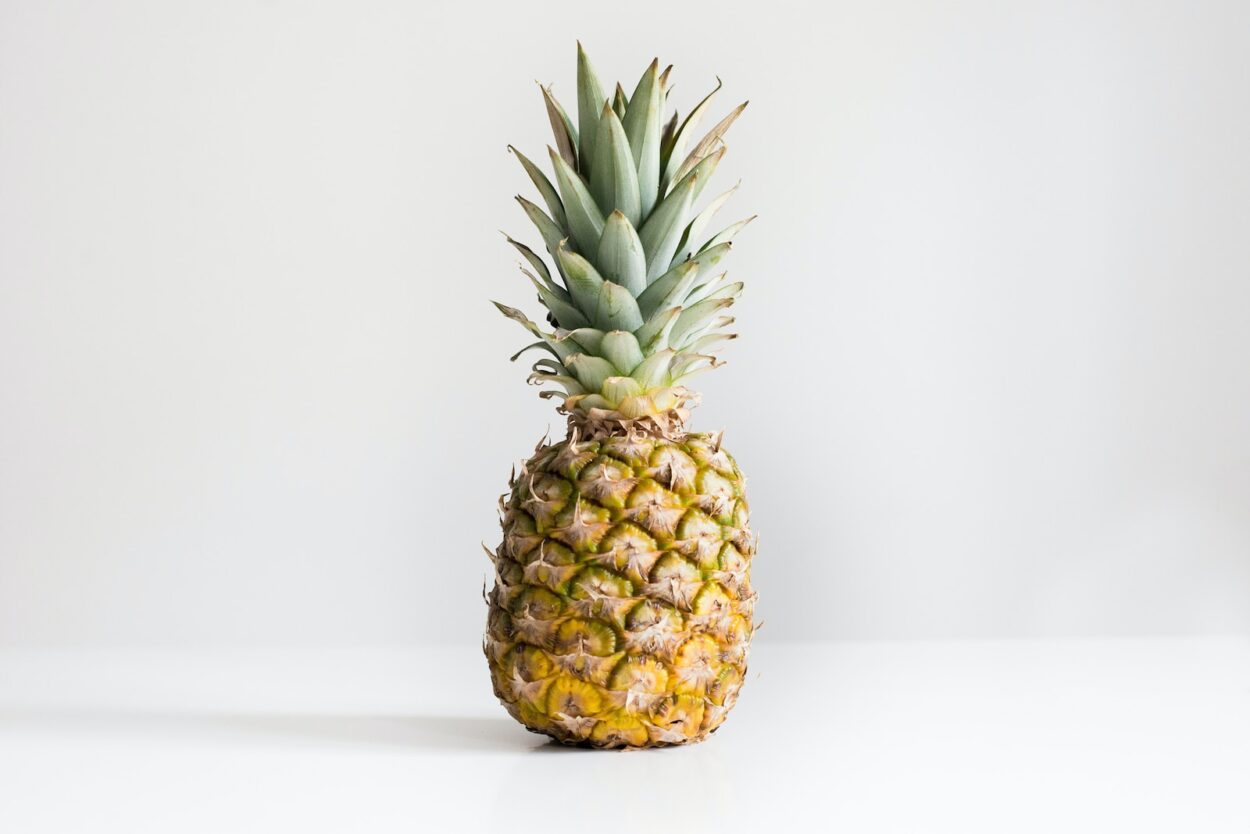Many factors impact sperm health, from lifestyle choices like diet and exercise to medications and medical conditions. Pineapple is a fruit that contains a wide variety of nutrients that benefit men’s health, including Vitamin C and Manganese, both of which are essential for sperm health.
There’s an urban legend that eating lots of pineapple or drinking pineapple juice can make your semen taste less bitter. While this is true, the results are not immediate.
Increases Sperm Volume and Count
There is no scientific evidence that pineapple directly increases sperm count, but it can help improve semen quality. The fruit contains the enzyme bromelain, which helps reduce inflammation and boost sperm health. It also contains vitamin C, which is a powerful antioxidant that can help protect sperm cells from damage and improve fertility over time.
It’s also a good idea to avoid sugary foods and drinks, as these can cause problems with sperm quality. Try to swap soda and sweetened snacks for berries, fruit juice or water. Processed meats like bacon, ham, sausage, hot dogs, corned beef and beef jerky can decrease sperm quality, so try to avoid them. Instead, opt for healthy options such as salmon, sardines, cod and halibut.
Foods that are rich in zinc can also improve sperm health, so try to eat more of these foods. Pineapple is a great source of both zinc and vitamin C, which are important for male fertility. It is also a good source of manganese, which can help improve sperm motility and increase the likelihood of fertilization. While there is no conclusive evidence that pineapple can make a man’s semen taste better, it may help improve its texture and smell. This could be because the fruit contains chemicals that alter the smell and taste of bodily fluids and secretions, including semen.
Reduces Inflammation
Pineapple contains bromelain, an enzyme with anti-inflammatory properties that reduces inflammation in sperm cells. This may help to improve sperm motility and quality, as well as overall reproductive health.
It’s also been rumored that pineapple makes semen taste better. This is most likely due to its acidic pH level and high sugar content. As such, it can enhance the fructose and glucose in semen, which make it less bitter-tasting. This is also true of other acidic foods, such as lemons and cranberries.
Another reason pineapple is considered a fertility food is that it can help to increase cervical mucous, which helps to keep sperm hydrated and mobile on their journey to the egg during your most fertile time of the month. It’s important to note, however, that while there is some evidence that pineapple can have these benefits, more research is needed in this area.
Pineapple is a great source of many nutrients, including vitamin C, potassium, manganese and fiber. It’s also low in calories and fat. However, it is recommended that you consume this fruit in moderation as too much can lead to digestive issues and mouth sores. Additionally, it’s best to avoid pineapple juice and other processed forms of the fruit, as they contain a lot of sugar and are not as beneficial for your fertility.
Protects Sperm Cells
It’s no secret that a diet rich in fruits and vegetables can help boost sperm health. One of the best fruits for enhancing fertility is pineapple, thanks to its high concentration of vitamins, minerals and antioxidants. Pineapple is a good source of vitamin C, which has been shown to increase sperm production and count, as well as improve overall male reproductive health. It also contains the enzyme bromelain, which helps reduce inflammation and fight oxidative stress.
Studies have also shown that bromelain can improve sperm motility and increase the quality of semen, making it more likely to be fertilized by an egg. In addition, the anti-inflammatory properties of pineapple can help reduce swelling and discomfort in the testicles, which can have a negative impact on sperm health.
Pineapple is also a great source of manganese, which is crucial for men’s sexual health. A recent study found that a diet high in manganese can boost sperm production, as well as increase testosterone levels. While more research is needed to confirm these results, they suggest that incorporating pineapple into your diet could be a simple way to improve your sperm health and increase your chances of conceiving.
While pineapple may have some benefits for sperm, it’s important to remember that any significant changes to your diet should be made under the supervision of a medical professional. Eating too much pineapple can cause a stomach upset, and drinking pineapple juice is not recommended for those trying to conceive.
Helps With Implantation
Many infertility blogs and websites encourage women to eat pineapple core during their most fertile time of the month to help increase chances of pregnancy. This idea is based on the fact that bromelain can help to increase cervical mucus which helps to nourish and transport sperm. It is also thought that by consuming pineapple during these key times it can help to increase blood flow to the uterus and facilitate implantation. However, there is no medical research to support this claim and the acidity of pineapple could actually make the vaginal and cervical fluids too acidic which would negatively affect sperm health.
In addition to helping with sperm motility, pineapple is rich in vitamin C which has been shown to boost the immune system and reduce inflammation in the body. It is thought that this may improve sperm motility and overall semen quality by helping to break down proteins that hinder the movement of sperm.
Pineapple is a great source of many nutrients that are good for fertility including vitamin C, folate and manganese. It is also a delicious and healthy fruit to enjoy! While there is no scientific proof that eating pineapple will improve sperm motility or aid in implantation, it is certainly a food to enjoy as part of a balanced diet. Just be sure to avoid the gritty core!




Leave a Comment